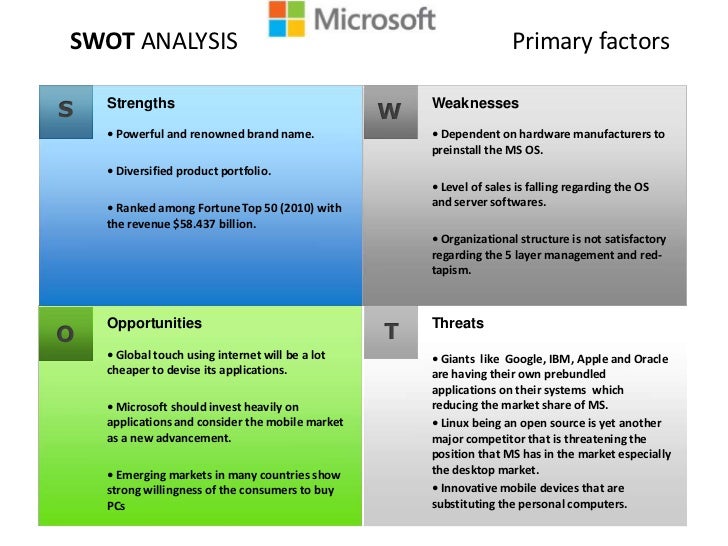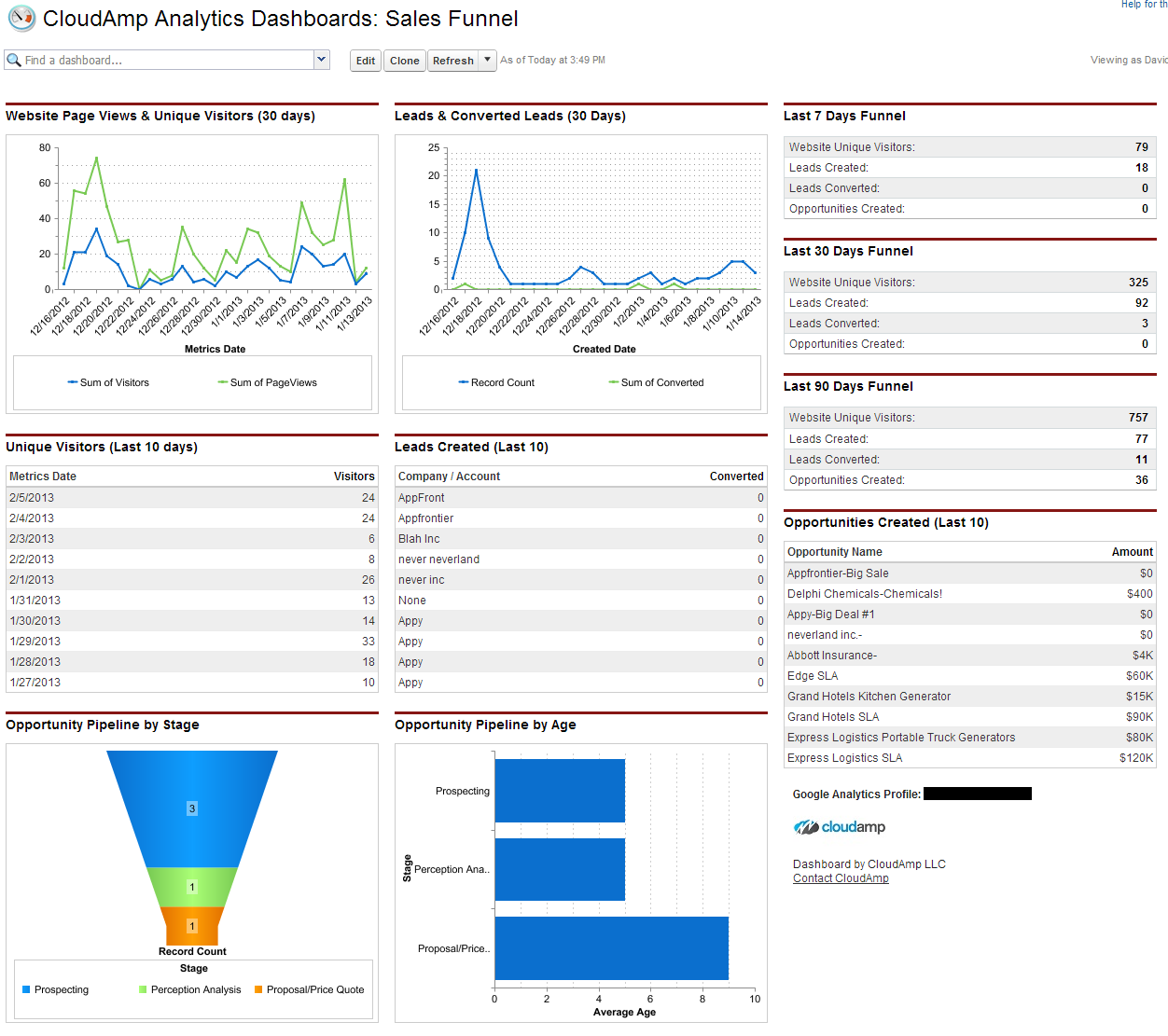
- Salesforce Opportunities. Opportunities in Salesforce represent a transaction between your company and an Account. …
- Important Fields: This required text field represents the name of the specific deal as you want it to appear on your list of opportunities or on a pipeline report.
- Related Lists: An opportunity team is a group of Salesforce users who work together on a sales opportunity. We can build different teams for each opportunity that we own.
- Sales Processes: Sales processes allows to create different sales process cycle a Sales representative follow for opportunities.
- Big-Deal Alert: An organization can use alerts that automatically send an email notification for opportunities with large amounts.
Table of Contents
How do I create an opportunity in Salesforce?
- Opportunities may have quotes, proposals and orders.
- Using Opportunities we can forecast sales in an organization.
- Opportunities are one of the most widely used and heavily customized objects on the platform.
How do I enable an opportunity team in Salesforce?
When you set up an opportunity team, you:
- Add team members.
- Specify each member’s role on the opportunity, such as Executive Sponsor.
- Specify each team member’s level of access to the opportunity: read/write access or read-only access.
What are the pros and cons of Salesforce?
- Low risk: Low acquiring cost and low-risk management as an organization tool.
- Salesforce database helps in organizing and digitizing company sales records.
- Allows customization of profiles for individual customers, and gives quick access to individual records.
What are the stages of Salesforce?
For salesforce.com, we’ve put together three fundamental elements you should assess:
- Risks: To that end, you should be aware of the 3 warning signs we’ve spotted with salesforce.com .
- Future Earnings: How does CRM’s growth rate compare to its peers and the wider market? …
- Other High Quality Alternatives: Do you like a good all-rounder? …

What is opportunity in Salesforce with example?
Opportunities are deals in progress. Opportunity records track details about deals, including which accounts they’re for, who the players are, and the amount of potential sales. If your Salesforce admin has set up leads in your Salesforce org, an opportunity is created when a lead is converted.
What are leads and opportunities in Salesforce?
Quick Takeaways. A Salesforce lead is an unqualified contact, while a Salesforce opportunity is a likely sale. In Salesforce, a lead can be converted into a contact, an account, or an opportunity. To identify an opportunity, look for the lead’s product interest, budget, and timeframe.
How do you use opportunity in Salesforce?
2:034:16Work Your Opportunities and Manage Your Pipeline (Lightning Experience)YouTubeStart of suggested clipEnd of suggested clipYou can create new notes. Or review and update notes you’ve already written. As your deal progressesMoreYou can create new notes. Or review and update notes you’ve already written. As your deal progresses towards the proposal stage. You can choose a price book and add product looking for deeper detail.
Why are opportunities important in Salesforce?
Salesforce Opportunities enable teams to track the progress of active deals in your pipeline, forecast potential sales from a deal, and monitor bandwidth between sales members to act on certain deals.
What are opportunities in CRM?
Opportunities are potential revenue-generating events, or sale to an account, that needs to be tracked through a sales process to completion. The different sales stages the opportunity moves through for example, demo, proposal or review indicate the value of your sales pipeline by sales stage.
What is a lead vs opportunity?
A Lead is a person who is a sales prospect. An Opportunity is the specific sales deal being pursued including the estimated dollar amount. The Opportunity record will be related to the Lead or Contact record of the person with whom you are hoping to do business.
What is account and opportunity in Salesforce?
Account: Specifically, a business entity or organization you intend to sell to whose information is in your database. You may have multiple contacts stored who are all part of the same account. Opportunity: In Salesforce, an opportunity is a deal in progress.
What are stages of opportunity?
Prospecting (or Qualifying). Discovery (or Needs Analysis). Customer Evaluating (or Proposal). Closing (or Negotiation).
What is Opportunity object in Salesforce?
The Opportunity object connects Accounts to Products. Products are organized in Pricebooks and selected as Opportunity Line Items to create a list of items the customer wants to buy. The Opportunity is also related to Forecasts through the Stage and Percentage fields.
What are opportunity teams in Salesforce?
In Salesforce, an opportunity team is a set of users that often work together on sales opportunities. A typical opportunity team might include the account manager, the sales representative, and a pre-sales consultant. The team members collaborate to track progress and close the opportunity.
How do you find opportunities in Salesforce?
How to: View Your Opportunities in Salesforce.comClick on the Opportunities tab (If not already visible in your existing tab bar, click the plus sign to view all tabs)Click the “View” drop down list below.Click “New This Week,” “Won,” etc.More items…
Where are opportunity stages in Salesforce?
Creating a custom sales process within Salesforce is easy – you simply need to create the stages with their relevant characteristics filled in, and then order them correctly. To create a custom Opportunity Stage go to Setup > Object Manager > Opportunity Object > Fields & Relationships > Stage.
Fields
If you are uploading opportunities using API version 15.0 or earlier, and one of the opportunities in the batch has a partner user as the owner, the Partner Account field on all opportunities in the batch is set to that partner user’s account regardless of whether the partner user is the owner.
Usage
Use the Opportunity object to manage information about a sale or pending deal. You can also sync this object with a child Quote. To update an Opportunity, your client application needs “Edit” permission on opportunities. You can create, update, delete, and query Attachment records associated with an opportunity via the API.
Associated Objects
This object has the following associated objects. Unless noted, they are available in the same API version as this object.
Additional Considerations
If you set Stage and Forecast Category, the opportunity record contains those exact values.
Opportunities as Deals
Opportunities are deals in progress. In Salesforce, you can create opportunities for existing accounts or by converting a qualified lead. Let’s explore how you can use opportunities to track your deals, better understand who you’re selling to, and focus your team’s efforts.
Opportunity Stages
If you’ve worked in sales, you know that deals usually progress from tentative to firm before they’re finalized. As a deal progresses, you grow more confident of making the sale. In Salesforce, an opportunity moves through a series of stages linked to the types of tasks being performed, and the likelihood of completing the sale.
Contact Roles on Opportunities
Contact roles on opportunities tell you which contacts you’re dealing with and how each contact is related to the opportunity. You can also use contact roles to link contacts from other accounts to the opportunity.
Hands-on Challenge
You’ll be completing this challenge in your own hands-on org. Click Launch to get started, or click the name of your org to choose a different one.
What is Salesforce lead?
A Salesforce lead refers to any lead you’ve captured from your website, a paid ad, an online quiz, a social media contest, or a phone call. Not all leads are the same—some are more likely to purchase your products while others may not, so it’s up to your sales reps to qualify them.
What does Salesforce account mean?
An account indicates a business entity or an organization you plan to sell to. Each account can have many contacts, and you store all the information about them in your database.
What is lead process in Salesforce?
Lead process: The process of creating, nurturing, and transferring new leads to sales reps to convert them into opportunities. What is an opportunity in Salesforce? A Salesforce opportunity isn’t a person or a business entity. It’s a potential future sale for an account you want to work on or track.
What is lead qualification in Salesforce?
Lead qualification: The process of determining if a lead is qualified or how likely a lead is to turn into a paying customer. Lead status: A status assigned to each lead. Four types of lead statuses exist in Salesforce, including Open, Contacted, Qualified, and Unqualified. Lead process: The process of creating, nurturing, …
When does an opportunity show up?
An opportunity shows up when a lead and your business are a perfect match. Converting a lead to an opportunity should be a data-driven decision, so you can avoid issues along the way, for example, focusing on non-sales opportunities that eat up your sales reps’ time.
Is there a one size fits all answer to convert a lead to an opportunity in Salesforce?
Every business may have a different process to qualify leads and identify real opportunities. That’s why there is no one-size-fits-all answer when it comes to when you should convert a lead to an opportunity in Salesforce. However, there are two standard rules to keep in mind when defining this process.
